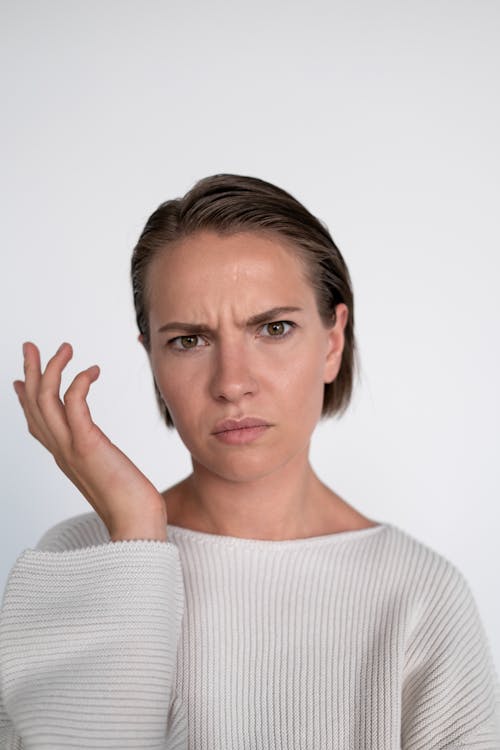What Should You NOT Say in an Audition?
Auditions are a crucial part of any actor’s career, offering an opportunity to showcase talent and land a role. However, sometimes nerves can get the best of you, and you may find yourself saying things that could hurt your chances. Knowing what not to say in an audition is just as important as knowing what to say. Here’s a list of things to avoid when you’re facing that casting director or panel.
1. “I’m nervous.”
It’s natural to feel nervous before an audition, but stating it out loud doesn’t help your cause. Saying “I’m nervous” might give off the impression that you lack confidence or that you’re not ready for the spotlight. Instead, take a deep breath, focus on the character, and leave your nerves aside. If you feel anxious, take a moment to center yourself silently.
2. “I haven’t prepared much.”
Preparation is key to nailing an audition. Walking in and admitting that you haven’t rehearsed enough or didn’t put in the time can make you look unprofessional. Casting directors want to see that you’ve invested time and effort into the audition. If you didn’t have time to fully prepare, it’s better to simply do your best in the moment, rather than drawing attention to the lack of preparation.
3. “What’s the pay like?”
While it’s important to understand compensation details before accepting any role, bringing it up in the middle of an audition can seem unprofessional and out of place. The audition is your opportunity to prove you’re the right fit for the role, not the time to negotiate financial terms. Wait until you’ve been offered the role or the casting director asks you about your availability and expectations.
4. “I can do it better than the other actor.”
Comparing yourself to others in the audition room is a big no-no. Whether you think your performance is stronger or you’re aware of other actors vying for the role, it’s better to focus on your own performance. Casting directors are interested in what you bring to the table, not how you stack up against others.
5. “I don’t really like this character.”
If you don’t connect with the role or you have negative opinions about the character, keep those thoughts to yourself. Casting directors want to see your enthusiasm and dedication to every role, regardless of your personal feelings. Criticizing the character or script could come across as disrespectful and disinterested in the job.
6. “I don’t know how to do that.”
Auditions often require you to try something new or take risks with your performance. If you’re unsure about a direction the casting director wants you to go in, instead of saying “I don’t know how to do that,” try expressing your willingness to experiment. For example, “I’m happy to give that a try” shows that you’re adaptable and open-minded, which is what directors are looking for.
7. “I’ve worked with [famous person], so I know I can do this.”
Dropping names can come across as bragging or self-important. While past experiences and relationships are important, the focus should be on your current abilities and how they match the role you’re auditioning for. Casting directors are more interested in your talent than who you’ve worked with in the past.
8. “I’m just here for the experience.”
While it’s true that auditions can be a valuable learning experience, expressing this sentiment may signal a lack of commitment or seriousness. Casting directors want to see that you’re passionate and dedicated to the role. Avoid saying anything that implies you’re not fully invested in getting the part.
9. “What’s the worst thing that could happen?”
Though it may seem like a lighthearted way to cope with audition stress, saying something like this can make you appear blasé or disinterested in the outcome. Auditions are important, and a casual attitude can suggest a lack of seriousness or respect for the opportunity.
10. “I’m too good for this role.”
Confidence is important, but arrogance is a major turnoff. Saying you’re “too good” for a role can give off the impression that you’re difficult to work with or unwilling to take on challenging roles. Humility is key. Even if you feel overqualified, showing enthusiasm for any role is a much better approach.
Conclusion
Auditions are a chance for you to showcase your talent, professionalism, and enthusiasm. The way you speak, in addition to how you perform, can make a huge difference in how you’re perceived. To increase your chances of success, avoid making statements that show a lack of preparation, confidence, or respect for the process. Keep it positive, professional, and focused on the role in front of you, and you’ll leave a lasting impression that works in your favor.




